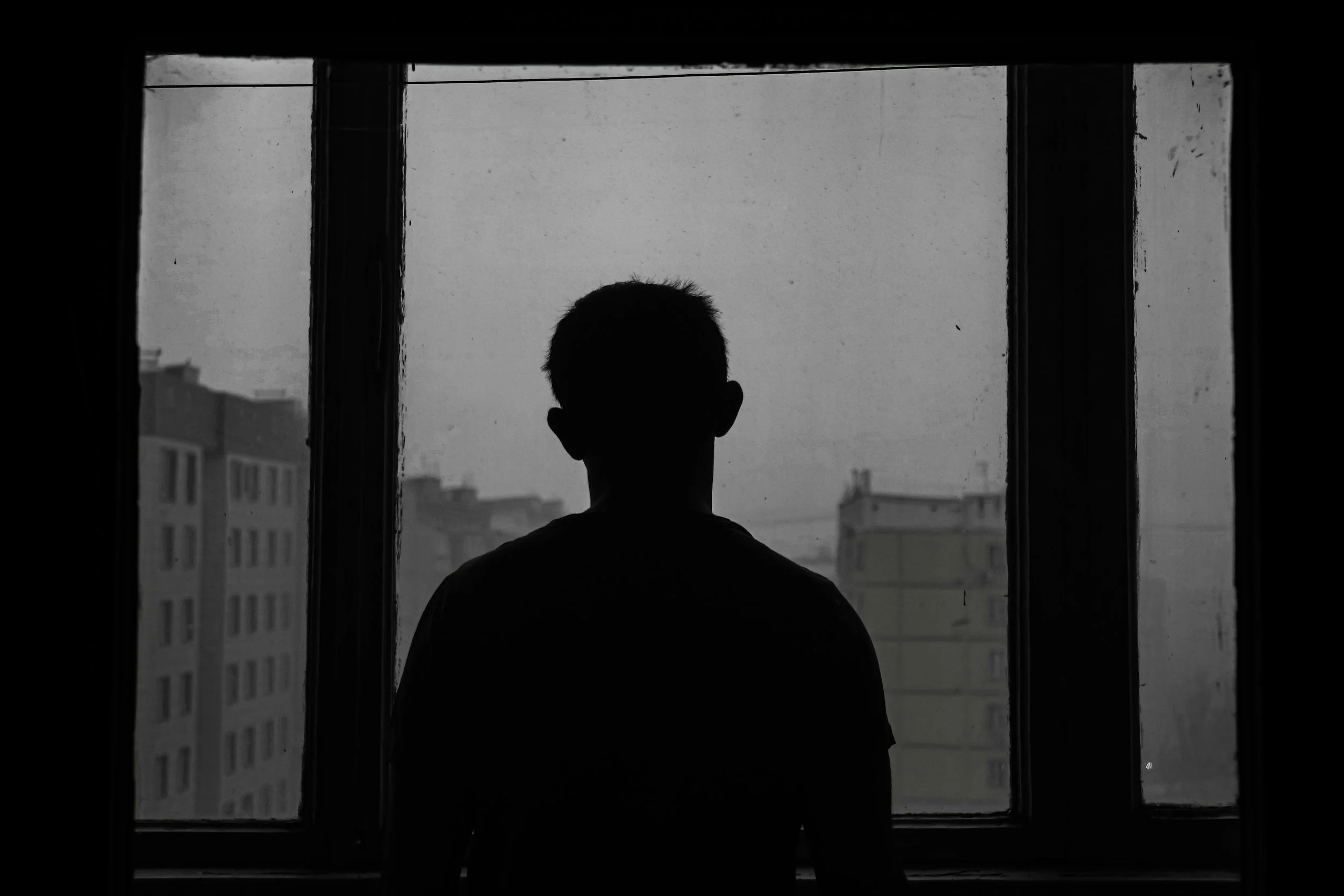The Role of EMDR in Treating Depression
Eye movement desensitization and reprocessing (EMDR) is often used as an effective, research-backed treatment for trauma. However, over the years, EMDR therapy has seen success as a treatment for a variety of mental health conditions, including depression.
EMDR is especially effective when depression is caused or triggered by traumatic memories or negative thoughts. It can help you reframe those thoughts so they aren’t so overwhelming. While EMDR therapy doesn’t take away bad memories or even keep negative thoughts from creeping in, it can shift your perspective and remind you that you’re in control.
Let’s take a closer look at the role of EMDR in treating depression, so you can determine if it’s the right step to take on your healing journey.
The Cause of Depression
If you’ve been struggling with depression for a while but can’t figure out why, EMDR can help. One of the best ways to start combating depression is to get to the root cause. EMDR therapy can help you identify the specific stressful or even traumatic events that could be contributing to your symptoms.
It’s not always easy to step back in time and re-experience the things causing such negative thought patterns. However, it’s often necessary if you truly want to move past those things. EMDR will give you a better understanding of why you’re feeling the way you do, and that alone can be empowering and give you hope for a happier future.
Reprocessing Negative Thoughts
Once you have a better idea of where your negative thoughts are coming from, you can utilize EMDR to reprocess them.
Your therapist will use bilateral stimulation to guide your eye movements back and forth. Throughout this process, you will focus on the specific stressors contributing to your depressive thoughts. As you think about those things, the process will help you reframe them. You will also be able to start challenging negative beliefs, eventually breaking the thought patterns contributing to your depression.
Improved Mood
In addition to changing the way your brain thinks about and processes negative thoughts, EMDR therapy can reduce the intensity of some of your negative emotions. Depression can create feelings of hopelessness and helplessness. It’s easy to fall into a rabbit hole of negativity and assume you’ll never get out.
When those negative emotions become less severe, you can start to find hope again, which will improve your mood and your overall quality of life.
Is EMDR for Depression Effective?
Research has shown that EMDR is highly effective when it comes to treating depression and issues associated with depression. That includes everything from major depressive disorder to seasonal affective disorder.
What’s more, for the same reasons that it’s an effective treatment, EMDR therapy can keep depression from coming back. Multiple studies have concluded that relapse rates are low when it comes to experiencing depression again after EMDR treatment. While new issues can occur that might create new negative thought patterns, the things you learn throughout your EMDR sessions can help you feel more equipped to handle them without storing the negativity in your mind and body.
Is EMDR Therapy Right for You?
Depression is such a common mental health issue that there are many modalities designed to treat it. While EMDR therapy might be the best option for you, it’s important to consult a therapist to get more information before deciding to start your journey.
With that in mind, I would be honored to answer any questions you might have about EMDR therapy and what to expect from the entire process. Everyone’s sessions are a bit different depending on what you’ve experienced. However, it’s understandable to want to know more about what you’ll be doing and how EMDR can help. Feel free to contact us to set up a consultation for EMDR therapy in Colorado Springs by clicking one of the buttons below.


